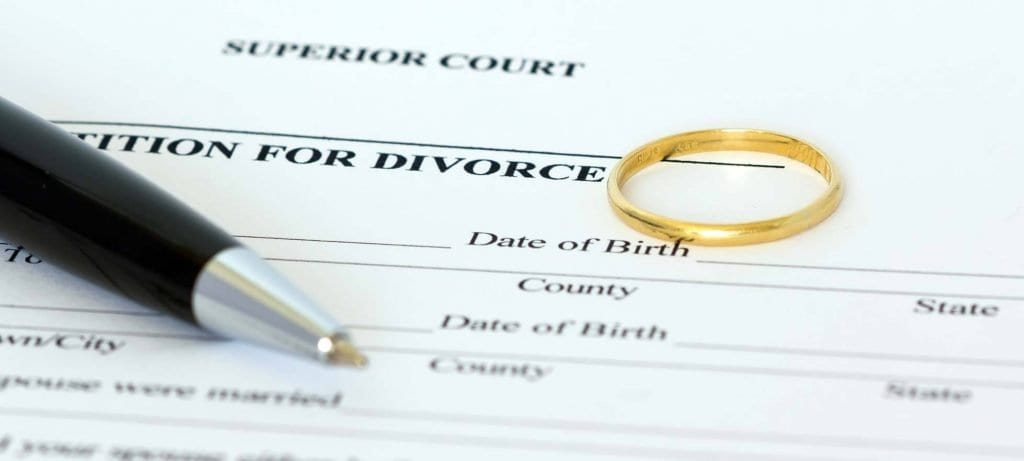The responsible spouse should pay! However, the concept of no-fault means that a divorce court will not look into the reasons why the divorce is occurring, or why the marriage is failing. A divorce court will not change how it allocates property or divides up parenting time and decision-making based on who is at fault.
Our Calculators
We’re not fans of surprises and we suspect you aren’t either. We built these divorce calculators just for you, so you know what to expect every step of the way.
Many years ago, divorce courts considered the fault of the parties when making decisions about parenting time, a division of assets and debts, and awards of maintenance. In a few states, they still do. The question of fault would result in a different allocation of the assets and debts but especially marital support, or maintenance. In the case of maintenance, a cheating spouse who was responsible for a divorce might have to pay more because of their actions, almost like a penalty.
States moved away from the concept of fault as a factor in divorce cases, and the allocation assets debts and award to maintenance, because litigating fault was incredibly expensive and time-consuming. Additionally, the damage done to the individuals by protracted litigation over the reasons for their failed marriage made avoiding the question of fault better for everyone involved.
In most states today, divorce courts will not inquire as to a spouse’s fault for the failed marriage. Even raising the issue of fault in a divorce proceeding can result in sanctions against a party or their lawyer.
In no-fault states, like Colorado and California, divorce courts only inquire whether a marriage is irretrievably broken. This means that the marriage cannot be repaired. It only requires one party to believe this to be the case. It’s established by a party asserting the fact under oath to the court.
Many states have a mandatory waiting period after divorce papers are served on the other party. This waiting period helps parties be certain their marriage is in fact irretrievably broken and that they’re not in the middle of some temporary disagreement that can’t be solved. If, after the waiting period, one party still believes that the marriage cannot be saved, and the court must grant a divorce decree.
Prior to granting a divorce decree, a court must complete the following steps:
The hearing at the end of the divorce process is called a permanent, or final orders hearing. If the parties are able to settle their case, they file documentation with the court prior to the date set for their permanent orders hearing and hopefully skip the final hearing.
A permanent orders hearing is held if the parties are unable to settle their differences. Each side has the opportunity to present evidence with regard to assets, debts, parenting time, maintenance, and any other issues in their divorce case. Parties may hire experts to testify, evaluators, and even other lawyers to testify about attorney’s fees.
Preparation for this hearing is extremely important and top divorce lawyers spend weeks, if not months, preparing for this hearing. At the end of a permanent orders hearing, a judge will issue findings of fact, and orders dividing the marital estate awarding support and allocating attorney’s fees, as well as any other issues on which the parties request the court to rule.
Because permanent orders hearings are very expensive and can produce unexpected results, it’s often very much in a party’s best interest to fully explore settlement options. Mediation can prove to be better for all parties, with a more private feel for the parties. It can also save you time and money.
Many times in family law cases, there are issues that arise months or years after the initial case. If the parties have successfully used mediation or settlement to reach an agreement, and avoid expensive litigation, they are most likely to view this as a legitimate tool to resolve any future disputes. On the other hand, if the parties have fully litigated the initial case, and were unable to settle the issues there by way of mediation, they are likely to again fully litigate the next dispute.


No-Fault Divorce
Divorce can be a difficult and emotional process, but understanding Washington state’s no-fault divorce laws can help simplify some aspects of the legal proceedings. Washington, like many other states, follows...
Read article
No-Fault Divorce
Divorce is an emotionally challenging and complex process that affects countless individuals and families every year. When it comes to navigating the legal landscape of divorce, understanding the grounds for...
Read article
No-Fault Divorce
The choice to file for divorce may be the most difficult decision. The challenges a family faces during such a process can be especially significant. Spouses commonly fear the impact...
Read article